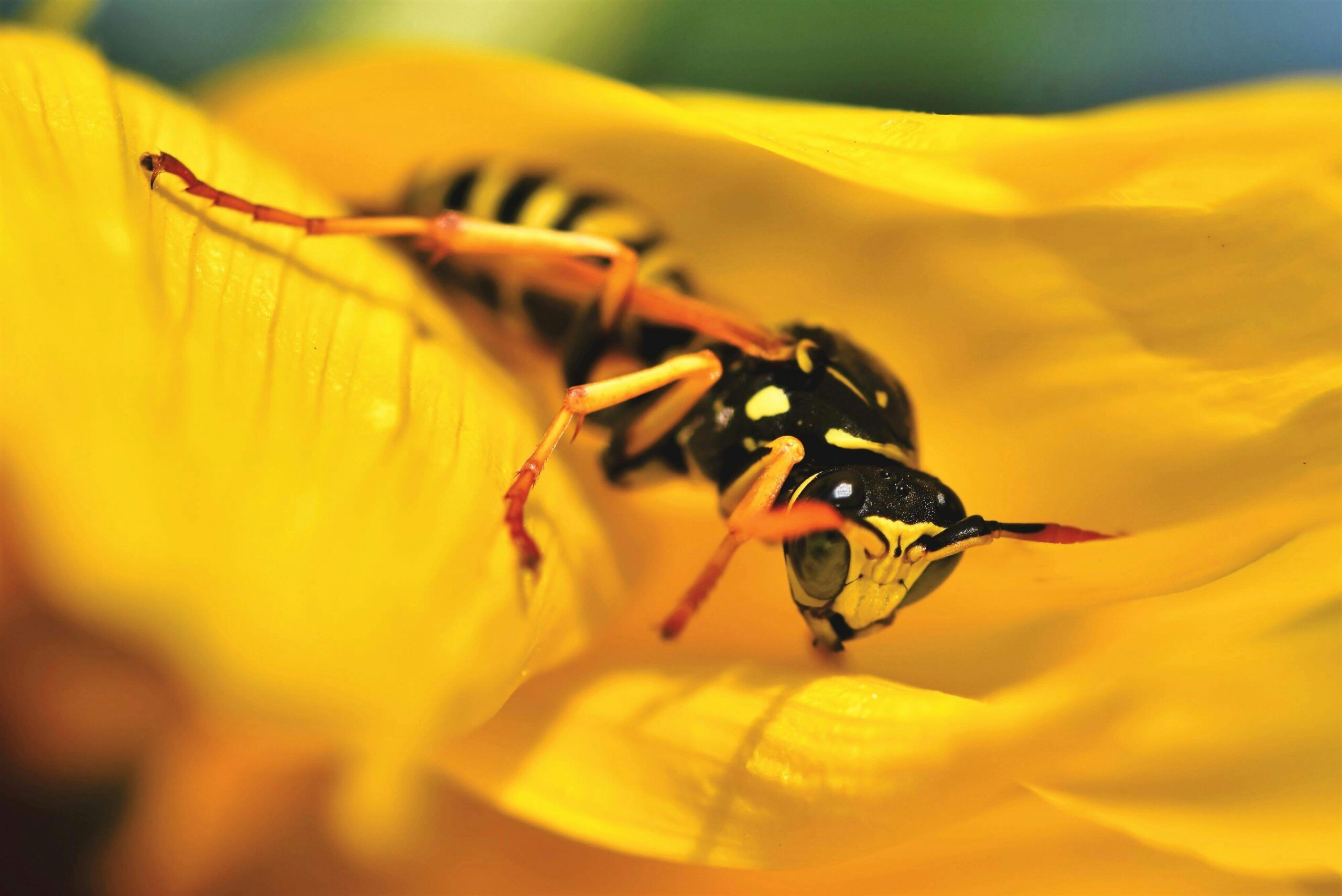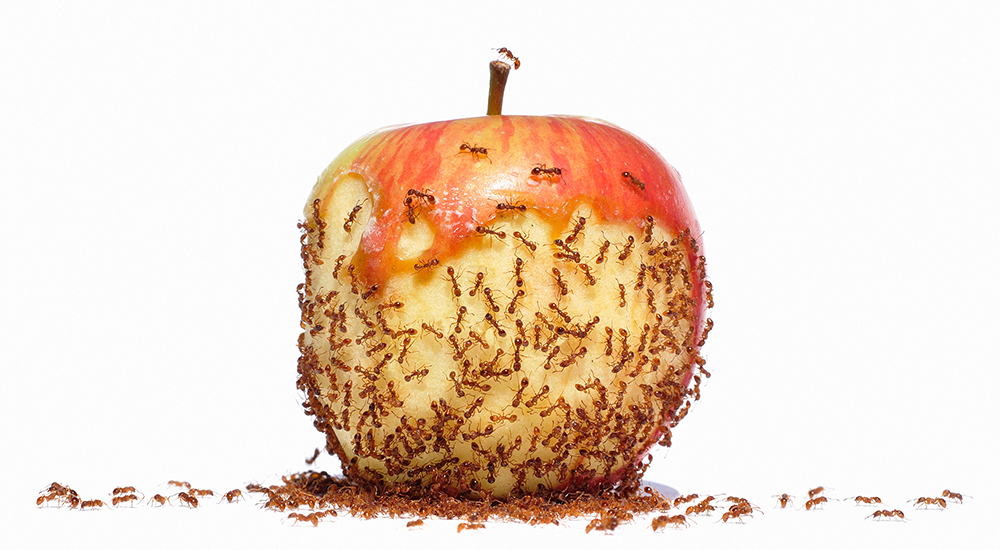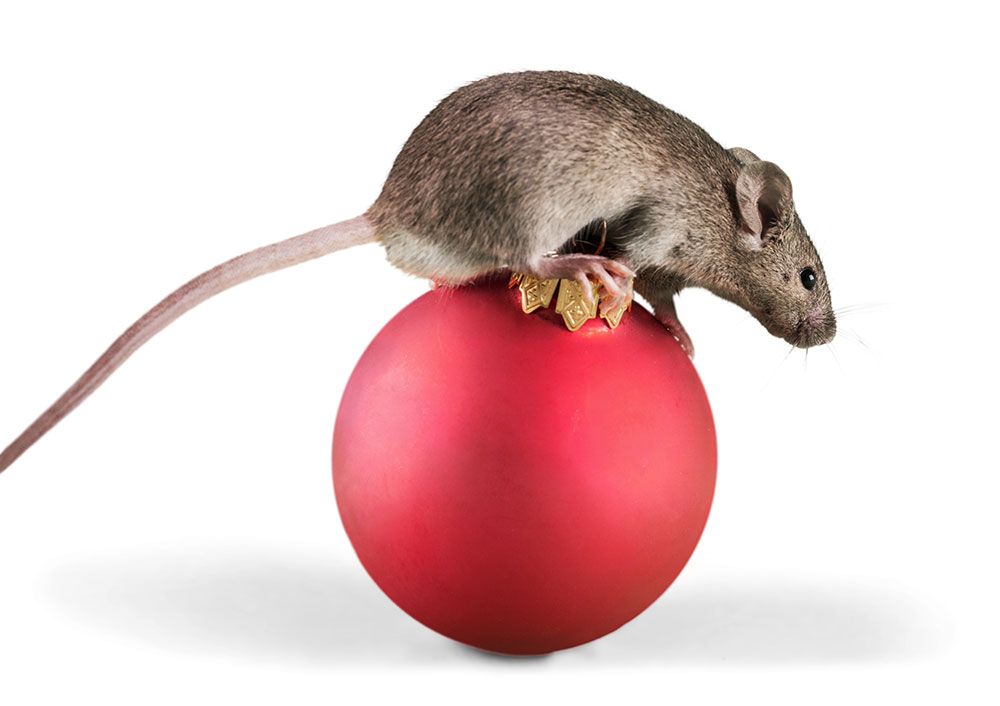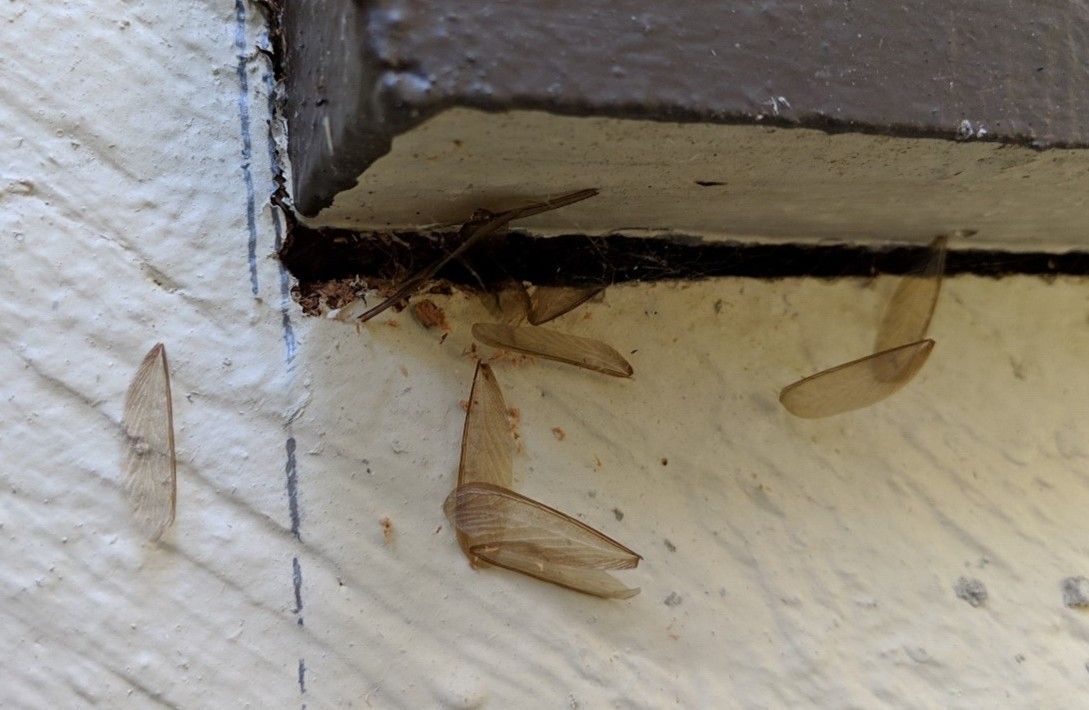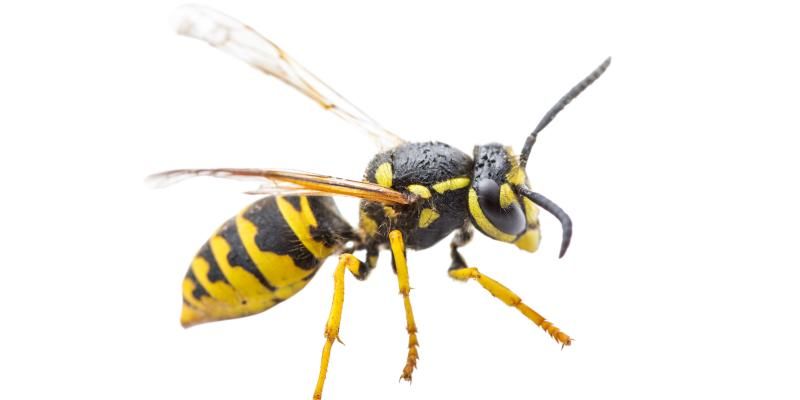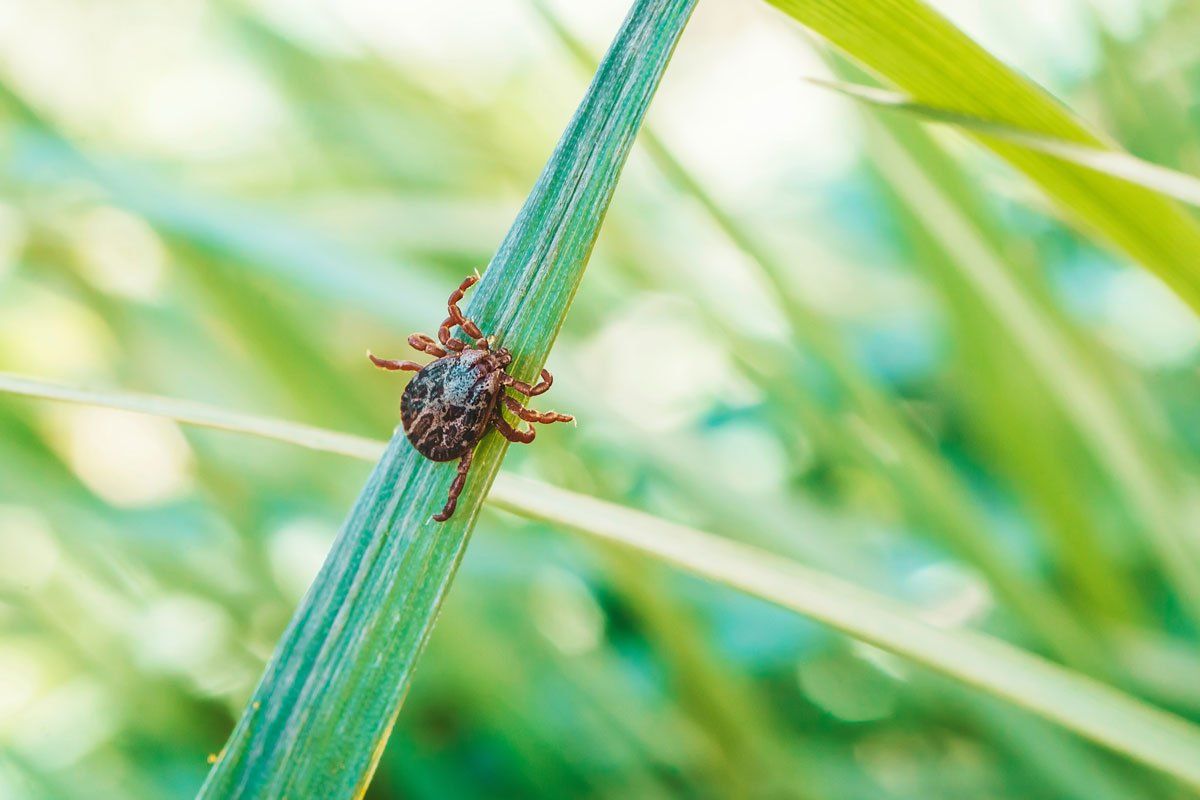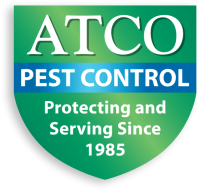Our Pest Control Blog
When you’re dealing with a pest infestation, the best thing you can do for your home is call in an expert. However, there are still lots of tips and tricks you can use to keep your home from being an inviting environment for creepy crawlies. Our experts keep our blog updated with articles on all things pest control so you can make the most of our treatments.
Black Widow Spiders vs. Common Indoor Spiders in Bay Area Homes
As spider activity increases during the cooler months, many Bay Area homeowners begin noticing spiders indoors and ask the same question: “Is this a black widow?” In a previous ATCO Pest Control blog, we covered black widow spiders in detail—where they live, how common they are in the Bay Area, and when they pose a […]
How Roaches Get into Your Bay Area Home —And How to Get Rid of Them
You finally settle in for the evening and… you spot something scuttling across the floor near the kitchen sink. Roaches are encroaching on your space! At ATCO Pest Control, we’ve seen it many times. The good news: it’s fixable. With the right approach—rooted in science and experience—you can get ahead of roaches, stop them from […]
Employee Spotlight: Max Fischer
ATCO Pest Control is proud to highlight Max Fischer, Manager of ATCO’s Specialty Department. Max has been part of the ATCO family for five years and brings 17 years of industry experience to the team. Before entering pest control, Max worked in the construction field, where his attention to structural detail became a strong foundation […]
🕷️ Spiders on Halloween Can Be Scary… But So Can the Real Thing!
Every October, it’s hard not to notice all the fake cobwebs stretched across porches and plastic spiders hanging from eaves. It’s part of the Halloween fun. But if you’ve ever turned on your bathroom light and spotted real legs scuttling across the wall — you know the kind of chill that runs up your spine. […]
When It’s Cold Outside: What Pests Are Still Hanging Around (and What You Can Do About It)
When the Bay Area air turns crisp and you finally pull out that old sweater from the back of the closet, you might think pests are done for the year. Nope. They’re just moving inside — right along with you. Every winter, I get calls from homeowners in Richmond, Santa Rosa, and all over the […]
Rodent Awareness Week: What It Means for You (and Your Home!)
It’s Rodent Awareness Week, and if you’re like most Bay Area homeowners, the words “rat” or “mouse” probably make your skin crawl a little. I get it — I’ve seen more than a few startled faces when a homeowner realizes that the scratching in the walls wasn’t just the house settling. Here’s the thing: rodents […]
How Often Should You Get Your Home Inspected for Termites?
If you’ve ever lived in the Bay Area long enough, you know how sneaky termites can be. One day your baseboards look fine, and the next — you’re poking at a soft spot that practically crumbles in your hand. Yeah, not a fun discovery. I get asked this all the time: “How often should I […]
Shoo Fly, Don’t Bother Me!
Shoo Fly, Don’t Bother Me! (Why House Flies Are More Than Just an Annoyance — and What You Can Do About Them) You ever walk into your kitchen, hear that unmistakable buzz, and immediately go on the hunt with a rolled-up magazine? Yeah — we’ve all been there. House flies are the uninvited guests that […]
Termites Work Year-Round!
Termites Work Year-Round: What Every Bay Area Homeowner Should Know Let’s be real—when most folks in the Bay Area think about termites, they think about springtime. That’s when you see those clouds of winged bugs swarming around a porch light or sneaking into the garage. But here’s the kicker: termites don’t pack up and leave […]
Have a Rodent Problem? Is it a Mole, Vole or Gopher?
Moles, Voles, and Gophers, Oh My! You walk outside one morning, coffee in hand, and notice fresh dirt mounds scattered across the lawn. Or maybe your kid’s soccer game in the backyard keeps getting interrupted by soft, squishy ridges in the grass. Or worse—your fruit trees suddenly look like something chewed the bark clean off […]
Caution: Gopher Tunnels in the Bay Area
Caution: Gopher Tunnels in the Bay Area Ever stepped on a soft patch of lawn and felt your foot sink like you were about to disappear underground? Yeah, that’s usually a gopher tunnel. And if you’ve lived in the Bay Area long enough, you know it’s not just a small problem—it can feel like a […]
Richard Olivo – Employee Spotlight
This month we are happy to highlight Richard Olivo, our amazing Quality Control Coordinator. Richard has been with ATCO for 12 years. Over the years, he has done many jobs. He started as a route technician, became a trainer, and now helps others as a mentor. Richard is someone we all trust. His customers loved […]
What’s Stinging you?
How to: Repel Stinging Insects Around the Bay Area Ever had a picnic at Lake Merritt ruined by a swarm of yellow jackets? Or maybe you’ve walked out to your backyard in Richmond, coffee in hand, only to duck when a wasp zipped too close. Stinging insects can turn a relaxing afternoon into a fast […]
Mosquito Prevention Tips from a Bay Area Neighbor Who’s Seen It All
Mosquito Prevention Tips from a Bay Area Neighbor Who’s Seen It All If you’ve lived here a while, you know the drill — first warm week of spring, and suddenly your backyard feels like a mosquito convention. I’ve had customers in Richmond call me saying they can’t enjoy a single BBQ without getting eaten alive. […]
Let’s Talk Drywood Termites!
What’s Eating Your House? Let’s Talk Drywood Termites Let me guess—you’re here because you’ve spotted some suspicious wood dust around your window sills, maybe even a few wings or droppings, and now your stomach’s in knots. Yep, I’ve seen that look on plenty of East Bay homeowners. You start Googling “Pest Control” and wondering if […]
California Pests: What’s in Season Now!
California Pests: What’s in Season Now! If you’ve lived through even one Bay Area summer, you know we’re not the only ones who love the sunshine. Ants marching across the kitchen counter, wasps buzzing around the backyard BBQ, rats scurrying under the deck—summer’s their season too. I’ve been in Pest Control for a good while […]
Pest Extermination in the Bay Area: What You Need to Know!
Pest Extermination in the Bay Area: What You Need to Know! Let’s be honest—no one wants to find ants marching across the kitchen counter at 2 AM, or hear scratching in the attic just as you’re dozing off. If you’re living anywhere in the Bay Area—whether it’s the heart of Richmond, the bustling neighborhoods of […]
Integrated Pest Management
Why Integrated Pest Management (IPM) Is Changing How We Do Pest Control in the Bay Area If you live around the Bay Area long enough — whether it’s in Marin County, Richmond, Union City, or tucked away somewhere in the East Bay — you’ll cross paths with ants in the kitchen, mice in the garage, […]
Yellow Jackets! Pest of the Month!
Yellow Jackets in the Bay Area: Why They’re Worse Than Bees & What You Can Actually Do If you’ve ever sipped a soda on your porch and felt something buzzing your ear — there’s a good chance it wasn’t a friendly bee, but a yellow jacket on patrol. I’ve been handling Pest Control and bee […]
Rats in the Pantry? Here’s What You Really Need to Know
You’re standing in the kitchen, maybe late at night, grabbing a snack—and you hear it. A faint scuffle. A scratch. You freeze, heart skipping, and think: Please let that be the fridge making noise. But deep down, you know. Something’s not right. If you’ve ever opened your pantry and found gnawed cereal boxes, mysterious droppings, […]
How to Get Rid of Mice!
How to: Get Rid of Mice You hear scratching in the walls at 2 a.m. You find little black droppings under the sink. And your dog’s been barking at the pantry for three nights straight. Yeah—you’ve probably got mice. Not fun. If you’re living in the Bay Area and you’ve been hit with a rodent […]
Employee Spotlight: Sophia Fugere
Sophia Fugere brings quiet strength, care, and commitment to everything she does — both as a student at Sonoma State and as a valued member of the ATCO team. Learn how her attention to detail and heart for service have made a lasting impression on customers, coworkers, and all of us.
National Mosquito Control Awareness Week — Why Mosquito Prevention Starts at Home
Mosquito Control Awareness Week is coming up — and it’s a great reminder to check for standing water around your home. Just a few ounces can lead to hundreds of mosquitoes! Learn how to prevent breeding sites and how ATCO Pest Control’s eco-conscious mosquito treatments can help you enjoy your outdoor space again.
Gophers, Moles and Voles……
Rodents, Moles, and Voles: What’s Digging, Chewing, and Scurrying Around Your Bay Area Property? Ever walk outside and notice mounds in the grass or tunnels weaving through your garden? Or maybe you’ve heard scratching in the attic or found droppings behind the fridge? You might be dealing with rodents… or moles… or voles. And yes, […]
Beware of Termites!
Termite Trouble in the Bay Area: How Moisture and Swarming Reveal What’s Really Going On Ever seen a sudden burst of flying bugs by your porch light? Or found a pile of tiny wings near your windowsill? It’s not random—it’s termites. And they might be trying to move in. If you live in the […]
40 Years Of Excellence!
It is with great pride and appreciation that ATCO Pest Control celebrates in 2025, 40 years of service to the Bay Area and beyond. We could not have succeeded without our many loyal commercial and residential customers, our amazing staff and service technicians. It has been a tremendous growth period for all of us at […]
Why ATCO’s Pest Control Works Better—and Uses Less
Discover how ATCO Pest Control’s EcoWise Certified approach delivers long-lasting results with precision, prevention, and low-impact methods. Learn why our focused style of pest control is built on knowledge, not chemicals—and how we partner with you to protect what matters.
Tick Season is Upon Us. What you need to know!
Ticks Control Guide Few pests send a chill down your spine like ticks. These tiny arachnids hide in grass, brush, and even your backyard landscaping, waiting for a passing host—often an unsuspecting pet or family member. Beyond the immediate ick factor, ticks carry serious health risks, from Lyme disease to Rocky Mountain spotted fever. Spotting […]
Employee Spotlight: Bonnie Morgon
Bonnie Morgon has been with ATCO for over 12 years and is now our Executive Administrator and in-house EOS Implementer. Get to know her creative side and career journey.
It’s Tick Season. What you need to know!
Ticks are more than just creepy—they’re dangerous. Our Tick Control Guide from ATCO Pest Control shows you how to spot ticks, treat bites, and keep your home and yard tick-free with expert tips and prevention strategies.
Beware of Subterranean Termites
Termite Control in the Bay Area: How to Handle Subterranean Termites Like a Pro! “What’s that tiny pile of dust by the baseboard?” “Why are my wooden floors suddenly sagging?” “Are those flying bugs termites?” If you’re asking these questions, you’re not alone. Here in the Bay Area and East Bay, homeowners run into subterranean […]
The Mosquitoes are Coming ….The Mosquitoes are Coming!
Mosquito Control Awareness: What You Need to Know to Protect Your Family Let’s be honest. When it comes to pests, mosquitoes are top-tier annoying. They buzz, bite, and ruin what should be a relaxing time in your backyard. But here’s what most folks in the Bay Area don’t realize: mosquitoes are more than just a […]
Yellow Jacket Season!
Yellow Jacket Season Is Here: What You Need to Know About Pest Control in the Bay Area “Why are there so many yellow jackets in my yard all of a sudden?” Sound familiar? Every year when the weather starts heating up, yellow jackets come out in full force. And if you live in […]
March 2025 Employee Spotlight
Meet Randy Jansen, ATCO Pest Control’s March 2025 Employee Spotlight! Randy has been with ATCO for nine years, starting as a route technician before stepping into his role as Fleet Manager. His dedication to customer care and expertise in automotive service have made him a key part of our team. Outside of work, he enjoys hiking, go-kart racing, and spending time with family. Learn more about Randy’s journey with ATCO!
Meet the Queen:
Yellowjacket season starts with one insect—the queen. Learn why early spring is the best time to trap her and how ATCO targets both aerial and ground nesters across the Bay Area.
Get Ready, It’s Almost Wasp and Yellowjacket Season!
It’s the beginning of Wasp and Yellow Jacket Season! Be Prepared! Yellowjackets and other wasps can be a real pain for homeowners, especially in places like the Bay Area, East Bay, Richmond, and Union City. These insects aren’t just annoying; they can also pose serious risks if not handled properly. Understanding their behavior and knowing […]
Rodent Awareness Begins!
It’s Rodent Week: The No-BS Guide to Rodent Control in the Bay Area Rodents are nasty little invaders that can destroy your home, chew through wires, and carry diseases. If you’ve got a rodent problem in the Bay Area, you need to handle it—now. Let’s get straight to it. How do you know if you […]
It’s Termite Awareness Week!
Termite Control Bay Area – Stop the Damage Before It’s Too Late It’s Termite Awareness Week, and if you live in the Bay Area, you should be paying attention. Termites aren’t just annoying—they’re silent destroyers. Every year, they cause billions in property damage. Homeowners from San Francisco to Santa Rosa, Richmond, Union City, and the […]
Ant Awareness Week: What You Need to Know to Keep Ants Out
ATCO Pest Control introduces Ant Awareness Week! Discover expert tips on ant prevention, infestation signs, and why DIY treatments fail. Plus, save 10% on your initial ant control service when you sign up for a 1-year service agreement.
Why Now? The Importance of Addressing Rodents in January
January is peak season for rodent infestations as colder weather drives rats and mice indoors. Learn why now is the ideal time to act and how professional rodent control can protect your home from damage and health risks.
Protecting Your Home: Why a Dry Crawlspace Matters
Your crawlspace might be out of sight, but it shouldn’t be out of mind. Learn how moisture control can protect your home from termites, wood-destroying fungi, and other costly threats. ATCO Pest Control shares effective strategies to keep your crawlspace dry and pest-free.
Employee Spotlight: Meet Abril Morga-Bailon
Meet Abril Morga-Bailon, one of ATCO’s dedicated Customer Care Representatives. Learn how she transitioned from the food industry to pest control and why she loves being part of the ATCO family.
Do You Have Cockroaches? Learn the Signs and Get Expert Pest Control Help
Wondering if you have cockroaches? Learn the telltale signs of infestation, why professional pest control is essential, and how ATCO Pest Control can help keep your home pest-free.
Understanding Drywood Termites: Signs, Swarming Season, and Solutions
Drywood termites are a type of wood-eating insect that can cause significant damage to homes and other structures. Unlike subterranean termites, which need moisture from the soil to survive, drywood termites can live in dry wood for years without any source of additional moisture. This makes them particularly difficult to find, as they can comfortably […]
Battling Yellowjackets: Eco-Friendly IPM Strategies for Your Home
As the Service Manager at ATCO Pest Control, I’ve seen firsthand how the warmer months in the San Francisco Bay Area bring out the best of our outdoor lifestyle—and the worst of yellowjacket activity. With 15 years of Diamond Certified service, our team is dedicated to keeping your family-friendly gatherings just that—free from the worry […]
From Termite Technician to Accounting Manager: Spring Machado’s 11-Year Story
Spring Machado, ATCO’s Accounting Manager, has been part of our team for 11 years. Her journey reflects dedication, versatility, and a passion for growth.
World Mosquito Day 2024: Protecting Your Home and Community
World Mosquito Day 2024 is more than just a date on the calendar—it’s a reminder of the ongoing fight against mosquito-borne diseases that affect millions globally. At ATCO Pest Control, we’re proud to join the World Mosquito Program in raising awareness and promoting effective solutions to keep your home and community mosquito-free. Mosquitoes are more […]
Protecting Your Home and Family from Yellowjackets with Eco-Friendly Methods
Eco-Friendly Yellowjacket Control by ATCO Pest Control
President’s Corner – June 2024
The First Annual Agape Charity Golf Tournament at StoneTree Golf Club raised funds for NBRC and GGRC, helping children and adults with disabilities thrive.
Fleas and Ticks: Tiny Terrorists, Big Problems
– Why ATCO Pest Control is Your Best Defense





